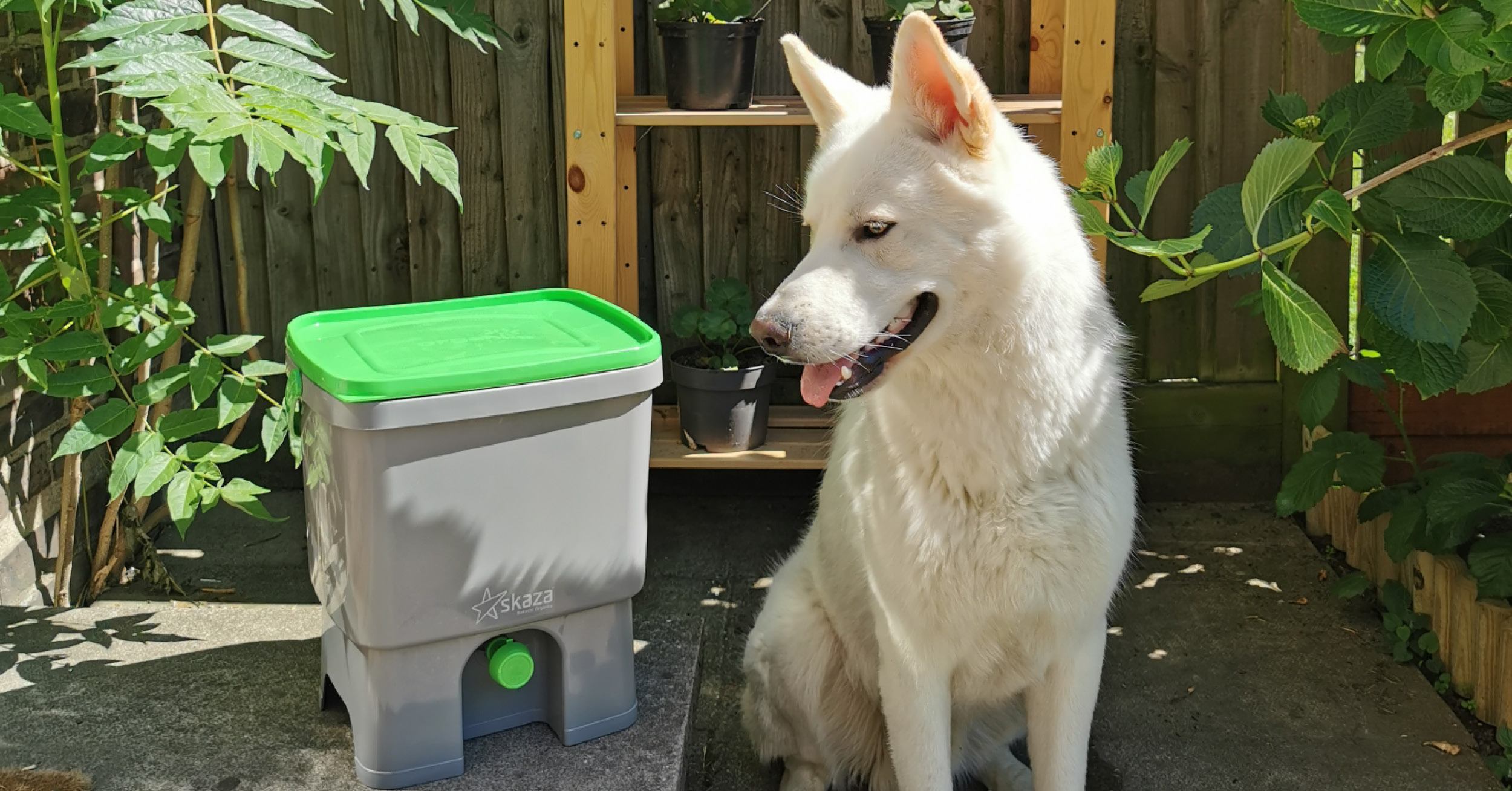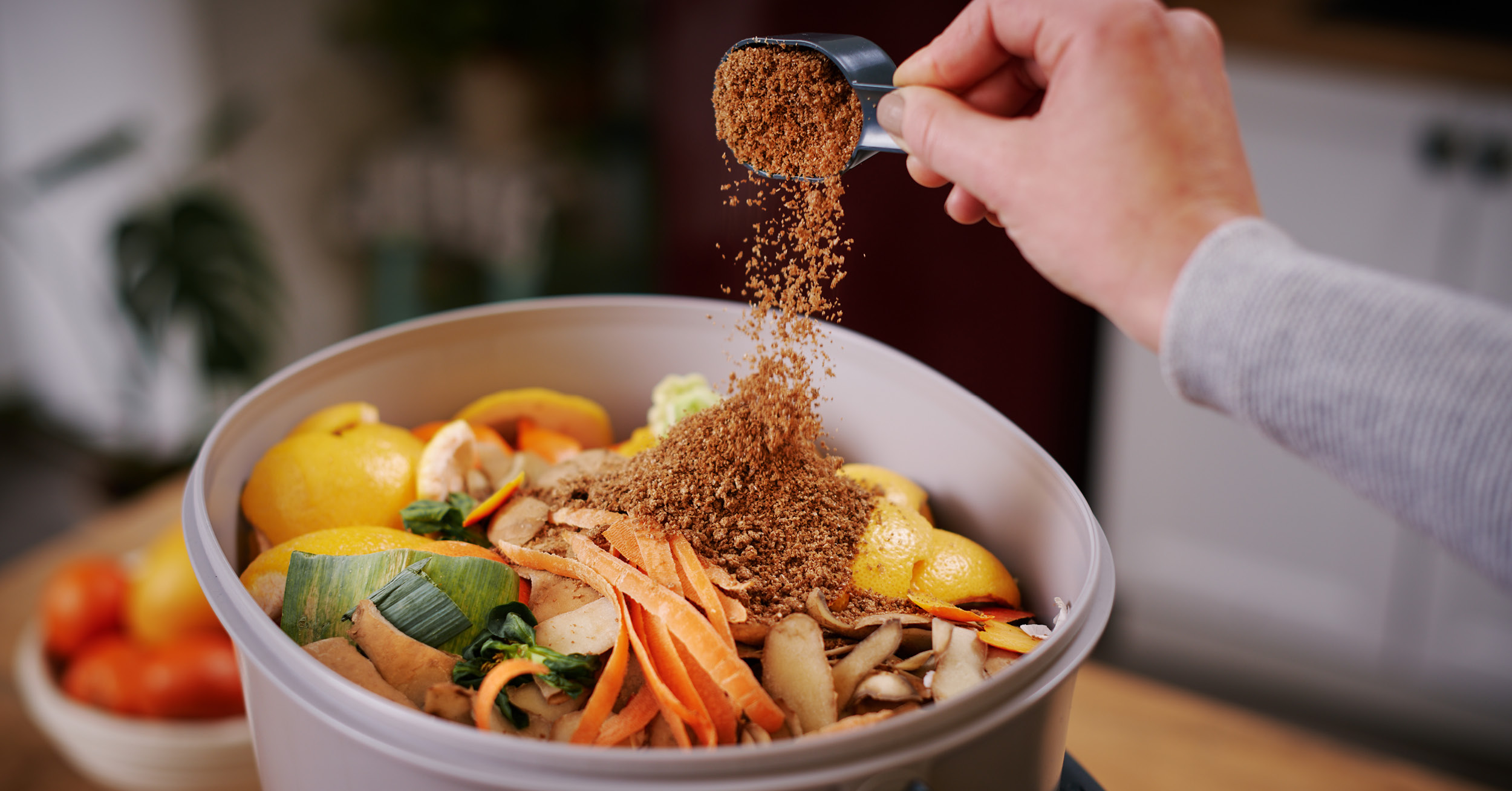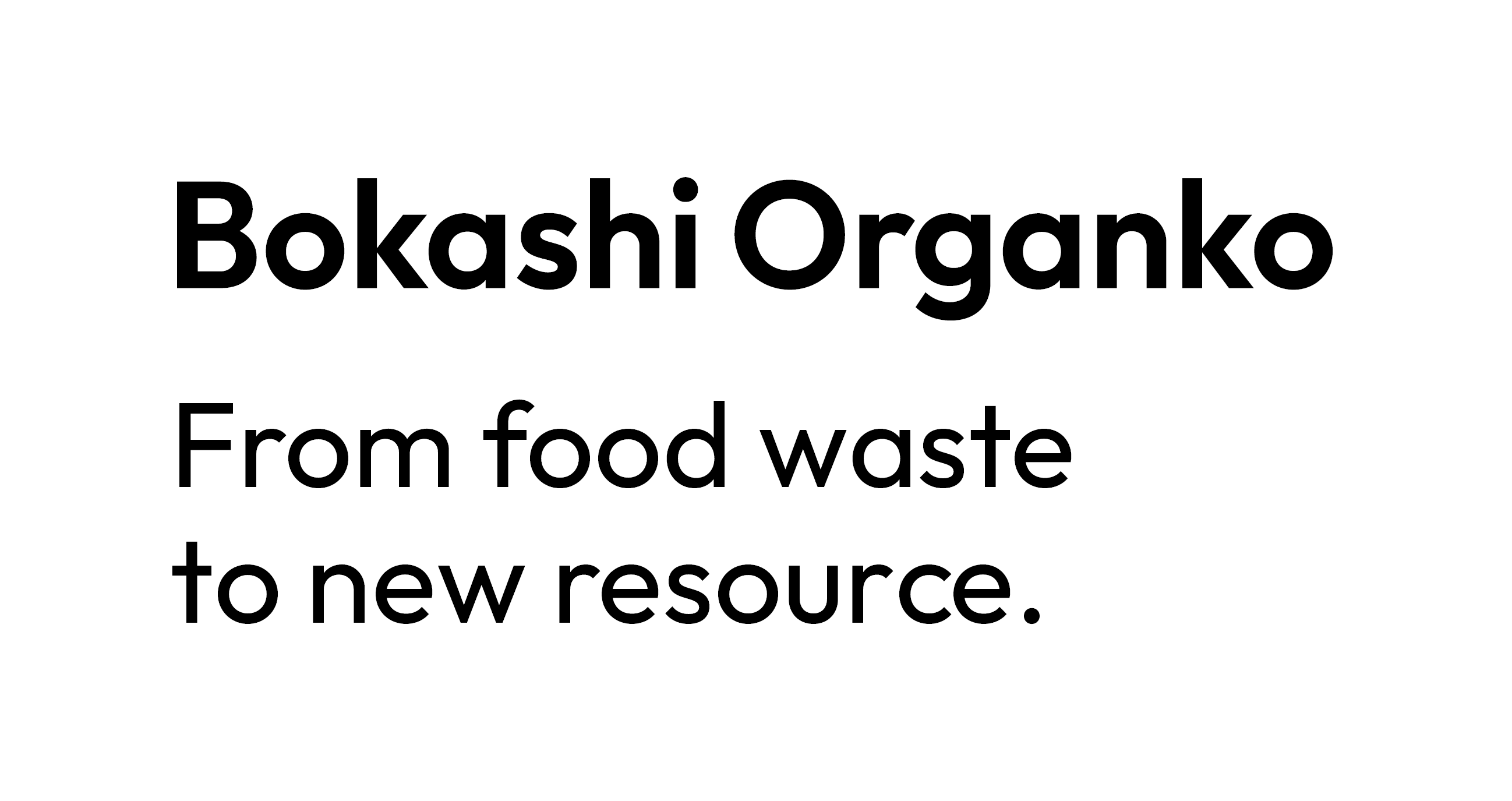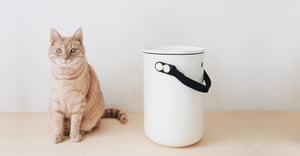Waste, waste, waste! Many people are getting tired of hearing about this nuance. However, it is important to talk about it until we have proper solutions set in place for all types of waste, including pet waste. Moreover, while recycling, at least certain types of waste, is properly implemented in many countries, we are still far from the finish line. Luckily, there are several good solutions at our disposal and the bokashi cycle is one of them.
By using indoor composters and engaging in community composting, the bokashi fermentation (a.k.a. bokashi composting) makes a world of difference. It offers an environmentally friendly and basically emission-less way to handle organic waste. Furthermore, according to the bokashi cycle, a US-based company, the bokashi process is also a great solution for the proper handling of pet waste.
Why should you give the bokashi cycle a try?
If you are a pet owner, you know that dealing with your furry friends' feces is no picnic. Not only is it not user-friendly, but it's also bad for the environment. Using plastic bags to pick up your dog's poop is hardly any better than leaving it on the ground. Sure, it prevents other people from stepping into it, and rain washes any potential pathogens into the larger bodies of water. However, it most commonly ends up in the landfill together with that plastic bag. In some cases, dog feces collected in plastic bags may get burned, which is also not optimal as it releases greenhouse gasses. Nonetheless, flushing pet waste down the toilet is also not an option because our water treatment facilities aren't designed to deal with animal waste. As such, parasites like toxoplasmosis survive and pose a threat to humans.
Luckily, there is a better way - the bokashi cycle. At this point, we must mention that in our general guidelines regarding what is allowed to be put into the bokashi bin and what should you avoid, we recommend leaving out animal feces. That's because we haven't yet performed any in-house experiments testing this use case. However, many other bokashi cycle advocates now confirm that bokashi fermentation also easily manages pet waste. As such, it might be time for all pet owners to start experimenting with that solution. But keep in mind that you can't dispose of plastic bags in bokashi composters or any other food waste together with it.

Bokashi cycle for pet waste explained
If you are an active user of any of Bokashi Organko composters, you already know how things go. You know that before adding any organic waste, you need to sprinkle about 20 milliliters of bokashi bran inside the bokashi bin. Then you add a batch of organic waste and sprinkle another 20 milliliters of effective microorganisms (EM). Next, using a special lid, you get to ensure airtight condition, which is a must for bokashi fermentation to run its course. You repeat that until your bokashi bin is full. Then, ideally, you let it do its thing for at least 14 days. As such, the waste will be turned into a nutrient-rich pre-compost mass, also known as bokashi cake. Meanwhile, you use the second member of your indoor composting bin set.
Of course, these same steps would work for your animal waste. Moreover, aside from animal feces, the bokashi cycle can also compost your pets' hair. As such, it really is an all-in-one solution for your pet's waste.

What about using the bokashi cycle for pet waste? - Summary
At this point, you know that the bokashi cycle is also a great solution for the proper management of pet waste. Thanks to effective microorganisms, animal feces, and animal hair can easily be converted into new resources. Moreover, you've also learned that to make the most of the bokashi cycle, you'll also need to consider using high-quality bokashi bins and bokashi bran.
Nonetheless, we strongly encourage you to become properly informed and thus a responsible earthling by learning how to manage organic waste responsibly. The key lies in the #bokashiloop. You can learn all you need to get going inside our Bokashi academy. Finally, let us thank you for your engagement, care, and efforts to make this world more sustainable. Stay awesome!


